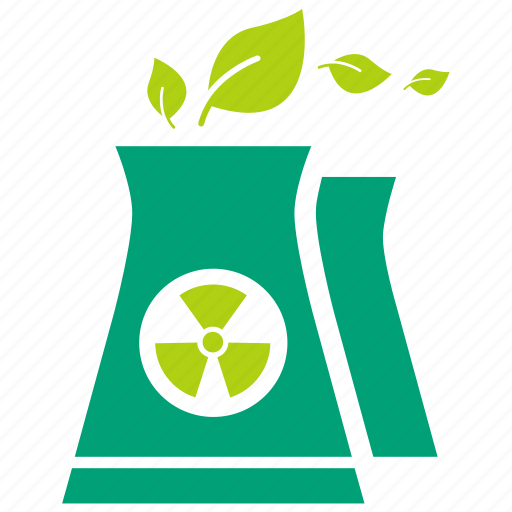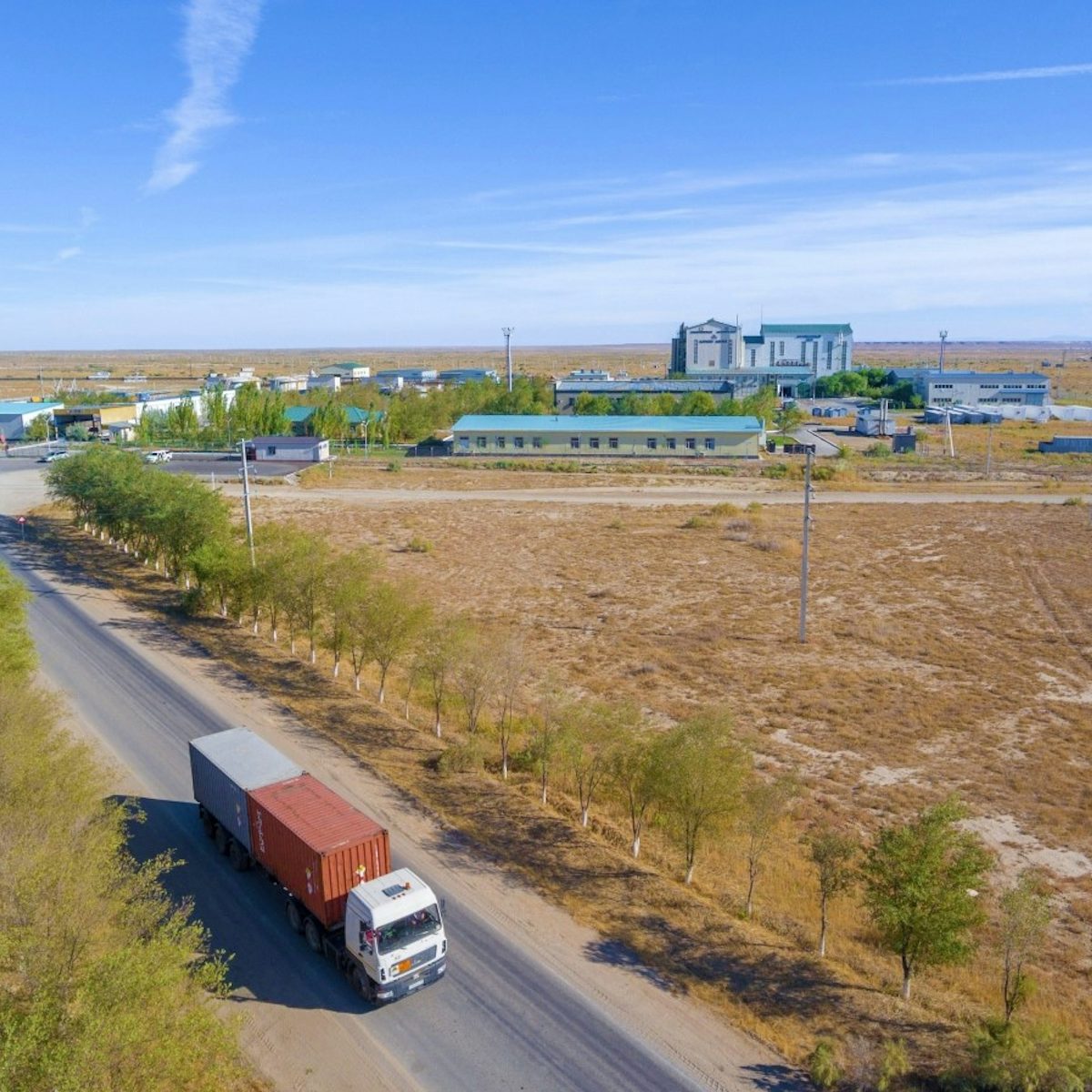Kazakhstan, the world’s largest producer of uranium for nuclear power plants, has announced a significant increase in its mineral extraction tax for uranium.
In a statement on its website on 10 July, Kazakh state uranium mining company Kazatomprom noted that, as a result of the planned uranium tax increase, different companies’ joint ventures and subsidiaries are expected to have different applicable tax rates, starting in 2026.
The new tax rate changes will come in two waves. The first, effective from 1 January 2025, will impose an initial increase from the current 6% to 9%.
Starting in 2026, the tax will take on a more complex and differentiated rate structure based on production volumes and the price of natural uranium concentrate (U3O8).
For production volumes up to 500 metric tonnes, the rate will be 4%, increasing incrementally to a maximum of 18% for volumes exceeding 4,000 metric tonnes.
Additionally, if the price of U3O8 exceeds certain thresholds, an additional rate increase will apply, starting at 0.5% for prices above $70/lb and rising to a maximum of 2.5% for prices above $110/lb.
Kazakhstan’s government said the tax increase as part of broader economic reforms aimed at balancing the budget and redistributing wealth more equitably.
“Our minerals extraction tax rates are among the lowest in the world,” economy minister Alibek Kuantyrov said. “I think we can carefully raise it by 10-20 percent.”
Investing News Network said the changes come amid increased government spending in response to global economic pressures and the conflict in Ukraine.


